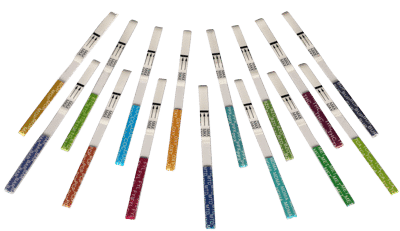Accurate, fast, and easy to use. Quick Results, Lowest Prices.

Overcoming the psychological dependence on LSD requires counselling, treatment, and support, the same as any other drug dependence.
Scientists in the US started experimenting with LSD in 1949, initially with animals. LSD was tried as a treatment for schizophrenia, alcoholism, depression, narcotics addictions, sexual dysfunction, and criminal behavior. It had no positive impact on any of these conditions. To the contrary, LSD appeared to cause or aggravate character disorders. From the late 1960s, its supply was outbreak and it had been declared illegal.
LSD is sold as pills, capsules or in liquid form. LSD is often added to absorbent paper, which is then split into colored pieces, each equal to a single dose. A couple of days later, he tried to replicate the experience by taking what he thought was a little bit of the drug, 250 micrograms (the dose required to produce intense hallucinations in an average adult male is about 50 micrograms).
LSD was first synthesized in 1938 from the Swiss chemist Albert Hoffman, that was searching for a new headache therapy.

LSD stands for Lysergic Acid Diethylamide and it’s fabricated by ergot, a fungus that grows on rye. LSD is one of the strongest mood-changing and hallucinogenic substances.
Some of the frequent street names of LSD are acid blotter, doses, microdot, tabs, or excursions. It can be named after the layouts on blotter paper, such as Black Star, Orange Sunshine, Ying-Yang, etc.
Since LSD isn’t considered an addictive drug, there’s minimal threat of physical dependence and there isn’t any documented evidence of withdrawal symptoms. People using LSD may safely stop taking it without experiencing any physical signs of withdrawal. Because of this, physical LSD withdrawal therapy isn’t often required. However, LSD is considered emotionally addictive that would explain why so many folks keep using it.






